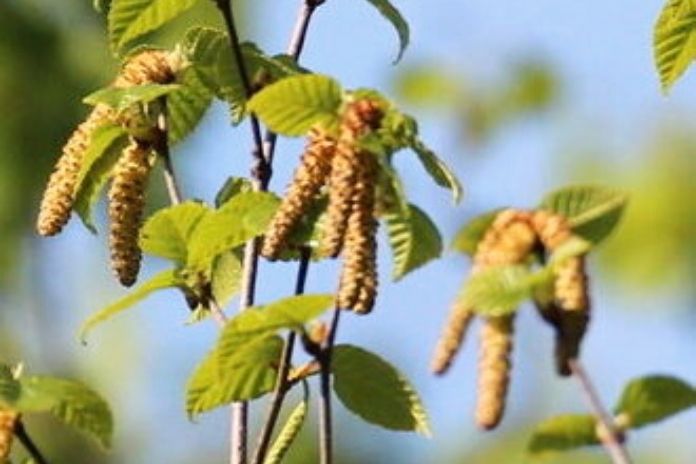Birch is a plant widely used in herbal medicine, especially for its diuretic and purifying properties: it helps in the case of cellulite, is helpful as a remedy against cystitis, and relieves the symptoms of premenstrual syndrome. But let’s find out more about the properties of birch, how to use it and if there are any contraindications.
Birch is a plant belonging to the Betulaceae family. It is a widespread tree in Italy, with an unmistakable light trunk. Birch is widely used as a natural remedy for its healing properties, especially the Betula pendula, also known as white birch, but Betula pubescens or hairy birch. It is used in herbal medicine for its diuretic and purifying properties: it helps in the case of cellulite. It is helpful as a remedy against cystitis and relieves the symptoms of PMS. But let’s find out more about the properties of birch, how to use it and if there are any contraindications.
Healing Properties Of Birch
In phytotherapy, birch is used above all for its diuretic and purifying properties: its leaves contain flavonoids, vitamin C, chlorogenic and caffeic acid, resins, and essential oils. Thanks to the stimulation of diuresis, birch leaves help eliminate excess fluids and substances accumulated in the body, including uric acids that can cause gout and rheumatism. All these qualities mean that birch is used in herbal medicine to treat water retention and hypertension. The diuretic action of the plant also acts as a prevention for gravel and urinary tract diseases, such as cystitis. Birch has therefore considered an excellent remedy against cellulite: thanks to its diuretic action, it helps to eliminate orange peel skin.
To be helpful in this sense is above all the birch sap, from which the bud derivative is extracted: it eliminates the liquids stagnated in the tissues and reduces the painful component linked to cellulite. Birch also has an anti-inflammatory action: it is used in the most common infections thanks to its antiseptic properties, and during the winter, it helps fight coughs and sore throats. Birch is also used to counteract PMS, and it is recommended for the health of the heart, veins, and arteries, as it stimulates the production of good HDL cholesterol, balancing the bad LDL. Furthermore, birch stimulates microcirculation with benefits for swelling and muscle pain, preventing the appearance of capillaries and varicose veins on the legs.
How To Use Birch
Birch is usually taken through infusions or decoctions of its fresh or dried parts, which can be purchased in herbalist’s shops and specialized stores. To take advantage of this plant’s diuretic and purifying action, you can prepare birch herbal tea, which helps combat cellulite. To prepare it, pour one tablespoon of birch leaves into 1 cup of boiling water. Cover, leave to infuse for 10 minutes, filter and drink. The advice is to drink 2 cups a day between meals. Alternatively, it is possible to use the birch bud extract to be taken in drops: the daily dose can vary from 30 to 50 drops 2-3 times a day. Before any use, however, a doctor’s opinion is always recommended, especially if you are taking medications.
For external use, birch can be used in oil, helpful in fighting acne, psoriasis, or eczema: it must be massaged into the affected areas several times a day after asking the dermatologist’s opinion. However, to strengthen the hair and combat dandruff, you can dilute a few drops of birch essential oil in your usual shampoo or use it diluted with a vegetable carrier oil, such as almond oil combat dry skin and dermatitis.
Contraindications
The intake of birch is contraindicated in case of allergy to pollen, celery, and aspirin, due to salicylates. It also cannot be taken in case of heart and kidney failure and hypersensitivity to some components. Salicylates could also pass through breast milk, with the possibility of allergic reactions in the newborn, so it is advisable not to take birch during pregnancy and breastfeeding. It is also essential to consult your doctor if you are taking diuretics, anticoagulants, barbiturates, hypotensive drugs, and, in general, following drug treatment.
ALSO READ: SEVEN FOODS FOR A HEALTHIER HEART

